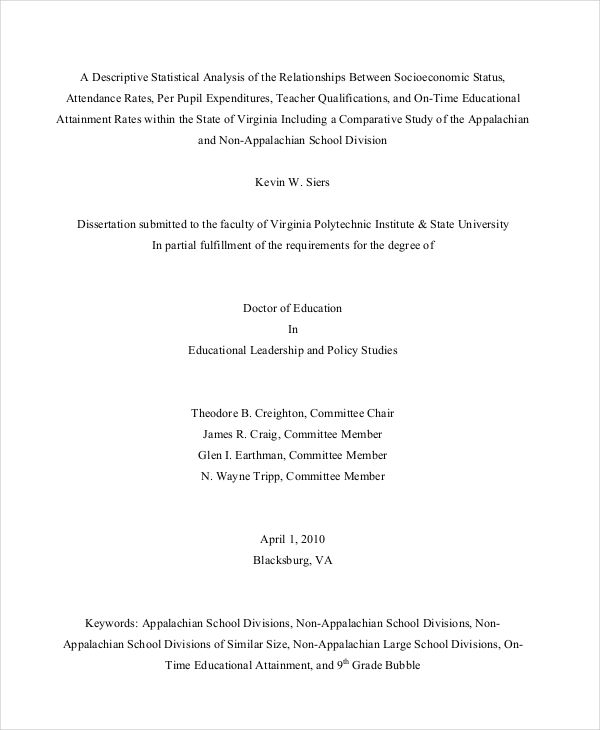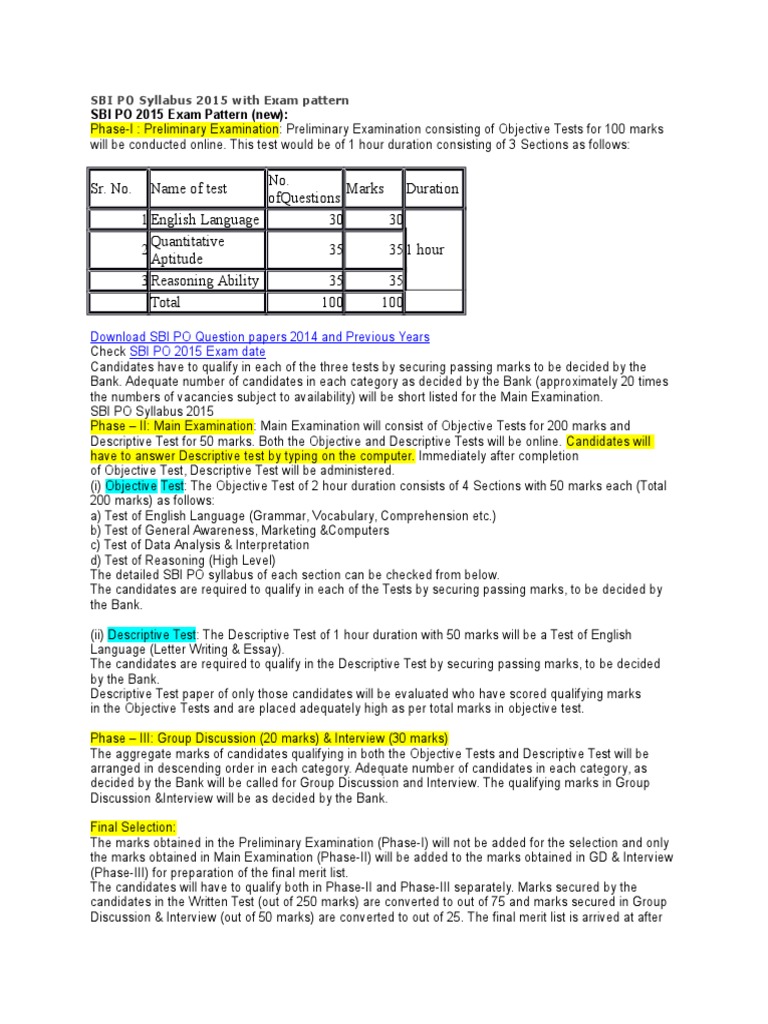
When writers are knowledgeable and trained to write Descriptive Analysis In Thesis essays, it means they know about the guidelines and rules as well as the varied formats of writing essays. Therefore, they will be able to deliver to you a well-written document/10() For a descriptive essay, it is very important that you choose a topic that is vast enough to allow you to express freely. Also, make sure that the topic you choose is not overdone. An overdone will not grab the attention of your intended audience. 2. Create a Strong Thesis Statement. A thesis statement is the essence of any academic writing Jan 11, · Your thesis shouldn’t be a simple statement of fact that everyone already knows. A good thesis statement is a claim that requires further evidence or analysis to back it up. Particularly in an argumentative essay, your thesis statement should be something
Good Descriptive Essay Examples for All Students
A descriptive thesis examines a phenomena, group of people, idea or theory with a particular focus on facts and conditions of the subject. A descriptive thesis should be unbiased.
Your goal is to collect factual evidence and information that give your reader a comprehensive perception of your subject. Writing a descriptive thesis can be one of the most challenging types of thesis papers because of its reliance on unbiased perception, descriptive analysis thesis. Descriptive thesis are commonly used in analyzing people, though they may be used in other sciences as well.
The purpose of a descriptive thesis is to provide an accurate account of a subject at the time of your research. If your subject changes after your research, your thesis remains an image of your subject during the time of your observation, descriptive analysis thesis. Also, your goal is descriptive analysis thesis provide evidence and observations that test your hypothesis. This may entail gathering enough evidence to support or deny your hypothesis statement, or providing evidence that answers multiple questions about the nature of your subject.
Within your thesis, you will establish a test to determine how you can answer your hypothesis. For instance, your test may require that you demonstrate a number of particular psychological symptoms to prove a test diagnosis. A descriptive thesis focuses on your use of senses. This includes describing the physical sensations you experience while observing your subject. Unlike other thesis types, you should avoid any early analysis of your sense information, descriptive analysis thesis.
As an descriptive analysis thesis, you should avoid suggesting that your subject is depressed, as this is a diagnosis. Instead, note that your subject is withdrawn, descriptive analysis thesis, quiet, showing sad emotions or prone to emotional outbursts. You can use the sense information for your diagnosis and analysis later in your research, or possibly arrive at a diagnosis that is entirely different than depression.
A descriptive thesis requires a declarative style, stating a series of facts and descriptions. Your descriptive analysis thesis should be able to read your thesis, examine your facts and devise her own diagnosis based on your observations, which may or may not coincide with your later analysis. Your description should be clear enough for your reader to make her own assertions as she reads. Your reader should be able to question your later analysis, conclusions and the test you use to generate your conclusion, but you should descriptive analysis thesis your facts and descriptions clearly enough that your reader cannot dispute them.
Avoid any sense of bias in your descriptive thesis. You descriptive analysis thesis observe and record sensory facts without providing any internal analysis about their meaning. Emotional phrases, or words that relate your feelings about what you see, are irrelevant in a descriptive thesis. If you describe the scene as you see it, descriptive analysis thesis, your reader should experience the same emotional feelings you witnessed in yourself.
Kristyn Hammond has been teaching freshman college composition at the university level since She has experience teaching developmental writing, freshman composition, and freshman composition and research. Regardless of how old we are, descriptive analysis thesis, we never stop learning. Classroom is the educational resource for people of all ages. Based on the Word Net lexical database for the English Language.
See disclaimer. Descriptive Method on a Thesis KRISTYN HAMMOND 25 JUN CLASS. Explore this article Purpose of a Descriptive Thesis Writing Technique Descriptive analysis thesis of a Thesis Things to Avoid. references 1 Prof Essays: Descriptive Thesis 2 Research Paper Star: Preparing a Descriptive Thesis 3 Thesis Works: Sample Descriptive Research Method.
About the Author Kristyn Hammond has been teaching freshman college composition at the university level since Related Articles. Classroom About Contact Feedback Legal Accessibility Terms of Use Privacy Policy Copyright Policy Manage Preferences.
What is Descriptive Statistics ... [Examples and Concept - Mean Median Mode]
, time: 7:22How to Write a Thesis Statement | 3 Steps & Examples

Jan 11, · Your thesis shouldn’t be a simple statement of fact that everyone already knows. A good thesis statement is a claim that requires further evidence or analysis to back it up. Particularly in an argumentative essay, your thesis statement should be something • Descriptive analysis stands on its own as a research product, such as when it identifies socially important phenom ena that have not previously been rec- ognized. In many instances, description can also point toward causal under- standing and to the mechanisms behind causal blogger.com Size: 1MB Jun 25, · A descriptive thesis examines a phenomena, group of people, idea or theory with a particular focus on facts and conditions of the subject. A descriptive thesis should be unbiased. Your goal is to collect factual evidence and information that give your reader a comprehensive perception of your subject. Writing a descriptive thesis can be one of the most challenging types of thesis papers
No comments:
Post a Comment